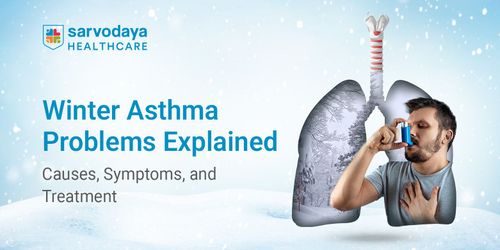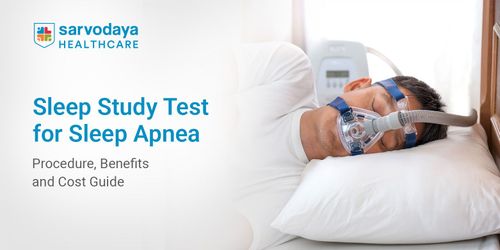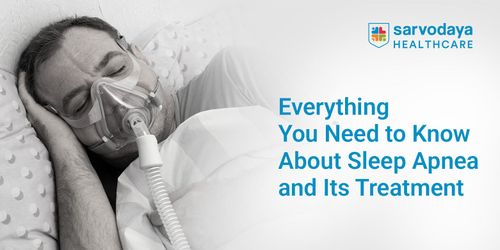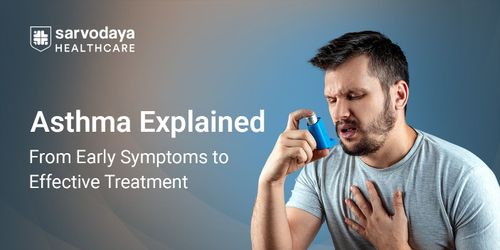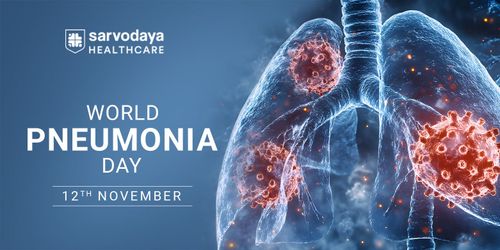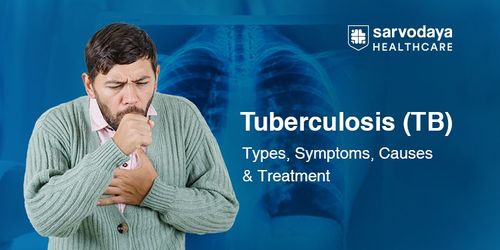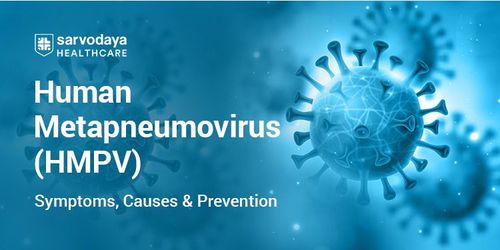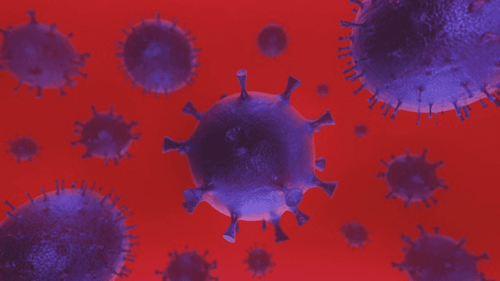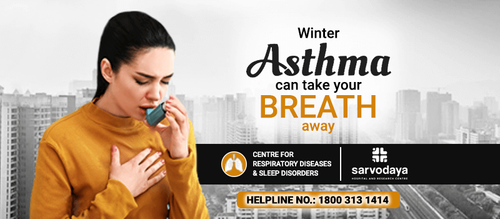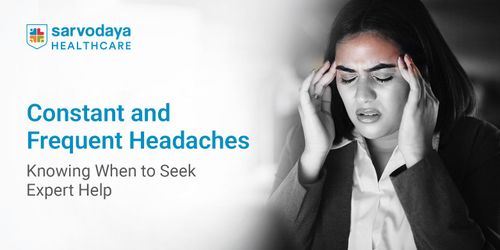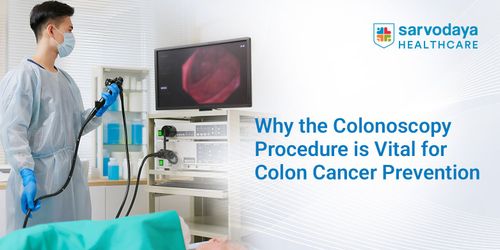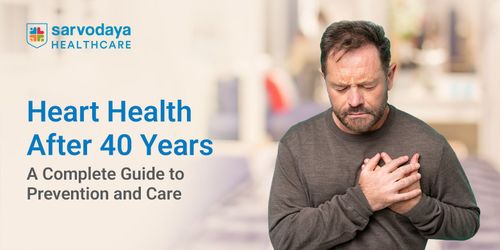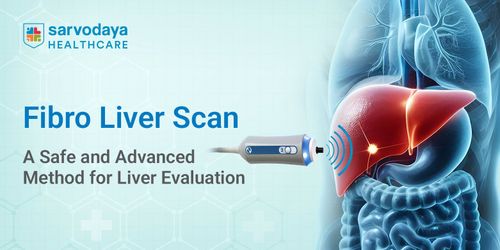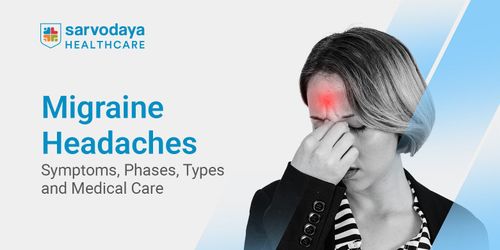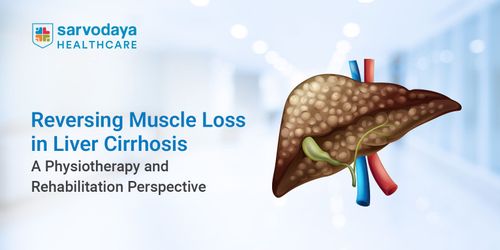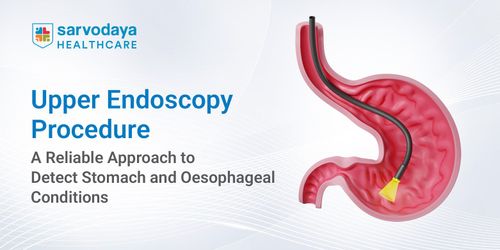As winter arrives, Delhi NCR often wakes up under a blanket of thick, grey haze. This winter smog in Delhi NCR is not only a visual concern but also a serious health hazard that silently affects millions. Families, especially those with children or elderly members, find it increasingly difficult to cope with the effects of air pollution and lung sensitivity during this period.
In this blog, we understand how winter smog in Delhi NCR affects your breathing and overall lung function, and how you can protect your loved ones from worsening air quality.
Understanding Winter Smog and Its Causes
Winter smog refers to the toxic mixture of fog and airborne pollutants that becomes trapped close to the ground during cold months. The drop in temperature and reduced wind movement prevent pollutants from dispersing, creating a dense layer of smog.
In Delhi NCR, this phenomenon is intensified by several factors, including:
- Vehicular emissions from the rapidly increasing number of cars.
- Crop residue burning in neighbouring states.
- Industrial discharge and construction dust.
- Temperature inversion traps harmful gases and fine particles in the lower atmosphere.
Common Respiratory Problems Due to Pollution
Prolonged exposure to air pollution and lung irritants often leads to or worsens several respiratory conditions. These health issues are particularly prevalent in the Delhi NCR region, where pollution levels frequently exceed safe limits.
Below are the most common respiratory problems due to pollution seen among residents:
- Asthma: One of the most common problems, asthma and pollution are closely linked. Smog triggers airway inflammation, causing wheezing, chest tightness, and difficulty breathing.
- Chronic Cough: A persistent cough that lasts for weeks is often a symptom of prolonged inhalation of polluted air. Chronic cough treatment may be needed if symptoms interfere with sleep or daily life.
- Chronic Obstructive Pulmonary Disease (COPD): Long-term exposure can cause or worsen COPD, leading to progressive breathlessness and reduced exercise tolerance.
Read More- Understanding COPD: Causes, Symptoms, and Effective Treatment Options
- Allergic Rhinitis: Pollution often triggers allergic responses such as sneezing, nasal congestion, and watery eyes.
- Bronchitis: Inflammation of the bronchial tubes due to inhaled pollutants results in mucus production and discomfort while breathing.
Consulting an experienced pulmonologist in Delhi NCR ensures proper diagnosis and timely management of these conditions, reducing the risk of complications.
How to Protect from Air Pollution: Practical Tips for Families
As pollution levels continue to rise, taking preventive steps is the most effective way to safeguard your family’s health. Families living in urban regions need to adopt a proactive approach to minimise the harmful effects of winter smog in Delhi NCR and reduce breathing problems in Delhi.
Here are some practical and easy-to-follow steps to help protect from air pollution:
- Monitor the Air Quality Index (AQI): Check daily pollution levels using AQI apps or local weather updates. Avoid going outdoors when the AQI is at a hazardous level.
- Use Air Purifiers Indoors: Good-quality air purifiers significantly reduce particulate matter and allergens, improving indoor air quality. This is especially important for those with respiratory problems due to pollution.
- Wear Masks Outdoors: Use certified N95 or N99 masks to filter fine dust particles and prevent pollutants from entering the lungs.
- Avoid Outdoor Activities During Peak Hours: Refrain from morning walks or late evening outings when smog is most concentrated.
- Improve Indoor Air Naturally: Keep indoor plants such as peace lilies, snake plants, and areca palms that help purify the air.
- Stay Hydrated and Eat a Nutritious Diet: Foods rich in vitamin C, omega-3 fatty acids, and antioxidants support lung detox after pollution exposure.
- Steam Inhalation and Saline Rinses: These help in clearing airways and reducing the irritation caused by pollutants.
Lifestyle and Preventive Measures for Long-Term Lung Health
While medical care is essential, adopting healthy lifestyle practices is equally important for maintaining strong lungs and preventing pollution-related health issues. Families living in high-pollution areas must take consistent steps to enhance their respiratory well-being throughout the year.
Here are some recommended preventive and lifestyle measures:
- Practice Breathing Exercises and Yoga: Regular pranayama and deep breathing exercises help strengthen lung capacity and improve oxygen intake.
- Quit Smoking: Tobacco smoke further aggravates air pollution and lung damage, making quitting smoking one of the most effective steps towards better health.
- Stay Physically Active: Indoor workouts and light exercises help maintain cardiovascular fitness without unnecessary exposure to polluted air.
- Schedule Routine Health Check-ups: Regular screenings help detect respiratory issues early, allowing timely chronic cough treatment and intervention.
- Maintain a Clean Home Environment: Keep windows closed during high pollution hours, vacuum regularly, and avoid burning candles or incense indoors.
- Balanced Diet: Include fruits, vegetables, and herbal teas that support detoxification and improve immunity.
These lifestyle measures not only protect you from the adverse effects of winter smog in Delhi NCR but also contribute to long-term wellness and stronger lung function.
Conclusion
Constant exposure to harmful pollutants can gradually weaken your lungs, causing chronic breathing problems in Delhi and other long-term complications. Adopting preventive habits, maintaining a clean indoor environment, and seeking timely medical care can significantly reduce the impact of air pollution and lung damage.
At the heart of this effort, Sarvodaya Hospital, Faridabad, stands as one of the best hospitals for respiratory care in Delhi NCR, offering advanced treatment and expert consultation for all respiratory problems due to pollution. The hospital is equipped with state-of-the-art diagnostic facilities, experienced pulmonologists in Delhi NCR, and dedicated chest physicians who provide comprehensive care for conditions like asthma and pollution, chronic bronchitis, and COPD.
Take the first step towards healthier breathing and book an appointment now with a trusted pulmonologist in faridabad at Sarvodaya Hospital, Faridabad, to safeguard your lungs and live pollution-free.





